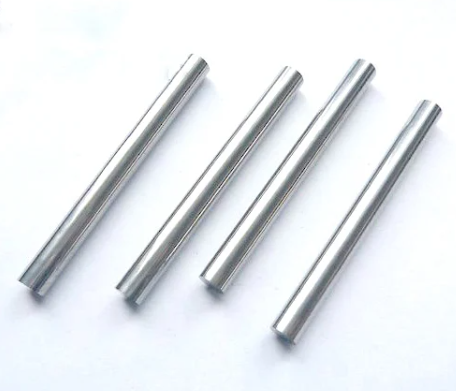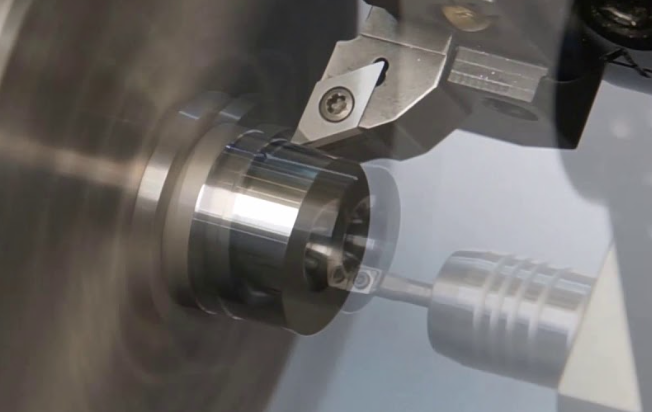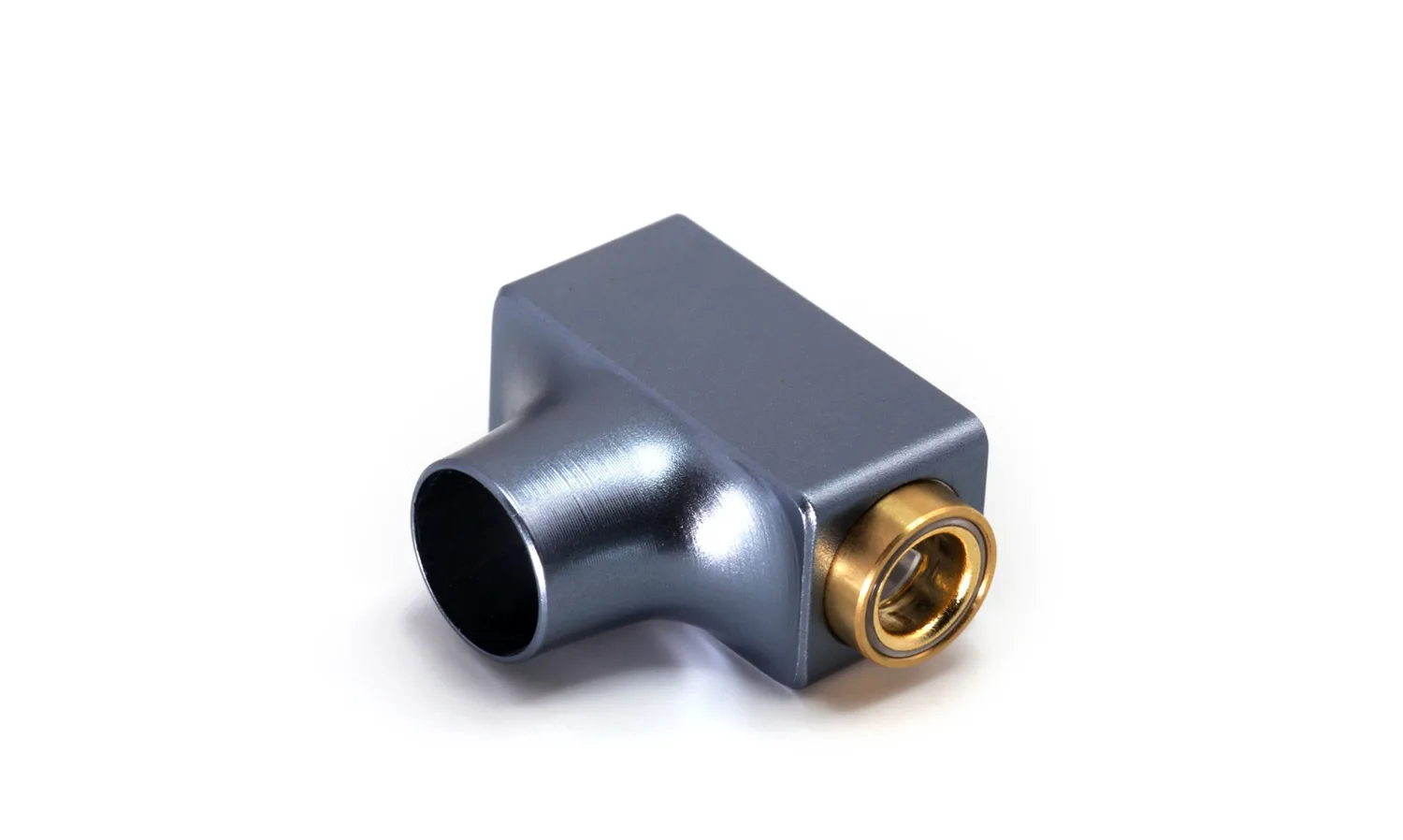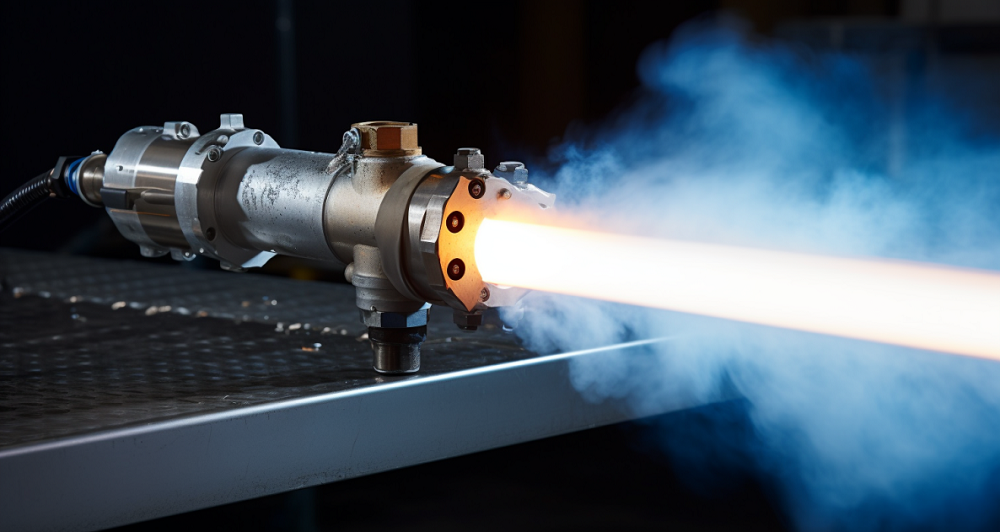- Home
- Machining techniques
- CNC Machining Services
- Cooperative supply services
- Designs
- Materials
- Finishing Services
- Shop
- Products
- Guide
- About Us
- Contact Us
2023.7.13
Tungsten metal is one of the toughest materials, today let’s get into an in-depth look at tungsten, mainly covering the tungsten advantages, properties, uses, and tungsten alloy types.

Tungsten is a chemical element, also known as wolfram, with the symbol W and atomic number 74. It is a rare heavy metal found naturally on Earth. Tungsten is known for its high melting point, exceptional hardness, and density. It has the highest melting point of all metals and is one of the hardest elements. Tungsten is also valued for its ability to resist corrosion, the Tungsten metal and alloys are commonly used in various industrial applications due to its unique properties.
Advantages of Tungsten
– High melting point: Tungsten has the highest melting point of all metals, making it suitable for applications where extreme heat resistance is required. It can withstand very high temperatures without melting or deforming.
– Hardness and durability: Tungsten is one of the hardest metals, ranking close to diamond on the Mohs scale of hardness. This property makes it highly resistant to wear, deformation, and scratching, making it ideal for cutting tools and wear-resistant components.
– Density: Tungsten has a very high density, which gives it excellent weight and mass concentration properties. This density makes tungsten valuable for applications that require heavyweight and balance, such as in aircraft components, ballast, and counterweights.
– Corrosion resistance: Tungsten is highly resistant to corrosion, which means it does not easily react with substances in the environment or undergo rusting. This property allows for long-term stability and durability in applications exposed to harsh conditions or corrosive environments.
– Thermal and electrical conductivity: While not as conductive as metals like copper or silver, tungsten still possesses good electrical and thermal conductivity among refractory metals. This makes it suitable for applications requiring high-temperature performance or electrical conductivity in challenging conditions.
– Radiation shielding: Tungsten has excellent radiation absorption properties, making it valuable in applications requiring radiation shielding, such as in medical and nuclear industries.
– Versatility: Tungsten can be alloyed with other metals to create a wide range of materials with tailored properties. This versatility allows for the customization of tungsten alloys to suit specific applications, combining the advantages of tungsten with other desirable characteristics.
Tungsten is in the transitional group of the chemistry periodic table, and is a lustrous, silver-gray metal with a high sheen.
Chemical Properties:
1. Atomic symbol: W (from its alternate name Wolfram).
2. Atomic number: 74 (indicating that tungsten has 74 protons in its nucleus).
3. Atomic weight: 183.84 atomic mass units.
4. Electronic configuration: Tungsten has a configuration of [Xe] 4f^14 5d^4 6s^2.
5. Valence electrons: Tungsten has six valence electrons, distributed in the outermost shell.
6. Reactivity: Tungsten is a relatively unreactive metal and is resistant to corrosion. It does not readily react with acids or bases.
Physical Properties:
1. Density: Tungsten is a dense metal, with a density of approximately 19.25 g/cm3.
2. Melting point: Tungsten has an exceptionally high melting point of about 3 140 ° C.
3. Boiling point: Tungsten has a high boiling point at around 5 700 °C.
4. Hardness: Tungsten is one of the hardest metals, ranking close to diamond on the Mohs scale of hardness.
5. Conductivity: Tungsten has good electrical and thermal conductivity, though not as high as metals like copper or silver.
6. Magnetic properties: Tungsten is not inherently magnetic but can become weakly magnetic in the presence of a strong magnetic field.
7. Crystal structure: Tungsten has a body-centered cubic crystal structure at room temperature.
Tungsten alloys usually contain 90-97% tungsten and some other elements, let’s break down basic types of tungsten alloys.
1. Tungsten Heavy Alloys (WHAs): Tungsten heavy alloys typically consist of tungsten with a small percentage of other metals such as nickel, iron, and copper. The composition can vary, resulting in different properties. WHAs offer high density, excellent mechanical properties, and radiation shielding capabilities. They are commonly used in applications such as aerospace, defense, and medical industries.
2. Tungsten-Nickel-Iron Alloys: These alloys combine tungsten with nickel and iron. They offer a balance of high density, good mechanical strength, and magnetic properties. Tungsten-nickel-iron alloys find application in aerospace, radiation shielding, and balancing weights.
3. Tungsten-Nickel-Copper Alloys: These alloys combine tungsten with nickel and copper. The presence of copper provides improved electrical and thermal conductivity, while tungsten imparts high density and strength. Tungsten-nickel-copper alloys are used in electrical and electronic applications, such as heat sinks, electrical contacts, and high-power electronic devices.
4. Tungsten-Carbide Alloys (Cemented Carbides): this type of tungsten alloy consists of tungsten carbide particles held together by a metallic binder, usually cobalt. This alloy offers high hardness, wear resistance, and strength. They are widely used in cutting tools, mining tools, machining, and wear-resistant components.
5. Tungsten-Rhenium Alloys: Tungsten-rhenium alloys combine tungsten with rhenium. These alloys exhibit improved ductility and high-temperature strength compared to pure tungsten. They are commonly used in aerospace and defense industries for applications such as rocket nozzles, high-temperature thermocouples, and heating elements.
1. Filaments and bulbs: Tungsten’s high melting point and excellent electrical conductivity make it an ideal material for incandescent light bulb filaments. Tungsten wires are also used in various heating elements.
2. Cutting tools: Tungsten is a primary component in hard metals or cemented carbides, which are widely used in cutting tools for machining and shaping materials. This includes drills, milling cutters, inserts, and saw blades.
3. Aerospace and defense: Tungsten’s combination of high density, strength, and thermal resistance makes it suitable for aerospace and military applications. It is used in aircraft components, armor-piercing ammunition, rocket nozzles, and radiation shielding.
4. Electrical contacts: Tungsten’s resistance to arcing, wear, and high temperatures makes it valuable in electrical contacts for switches, connectors, and other applications where reliable current-carrying capacity is required.
5. Medical devices and radiation shielding: Tungsten alloys are used in medical devices such as X-ray targets, collimators, and radiation shielding equipment due to their density and high absorption of radiation.
6. Alloying agent: Tungsten is used as an alloying element in the production of various materials, including steels and superalloys. It improves the strength, hardness, and high-temperature properties of these alloys.
 Is Tungsten Hard to Machine – Tungsten Machining Process, Speeds, Feeds & Cutting Fluid
Is Tungsten Hard to Machine – Tungsten Machining Process, Speeds, Feeds & Cutting Fluid
 What is Heliarc Welding – Principle, Machine, Use, Cost, Difference Between TIG and Heliarc Welding?
What is Heliarc Welding – Principle, Machine, Use, Cost, Difference Between TIG and Heliarc Welding?
 Spring Material Types (Properties, Grades, Uses) & Best Selection for Your Project
Spring Material Types (Properties, Grades, Uses) & Best Selection for Your Project
 Best Shell/Plug Material for Headphone Jack Adapter & DAC Dongles
Best Shell/Plug Material for Headphone Jack Adapter & DAC Dongles
 Polyamide Vs. Nylon Vs. Polyester: Properties, Uses, Advantages & Disadvantages
Polyamide Vs. Nylon Vs. Polyester: Properties, Uses, Advantages & Disadvantages
 What is HVOF Coating – HVOF Thermal Spray Process, Materials, Benefits, Machine, Applications
What is HVOF Coating – HVOF Thermal Spray Process, Materials, Benefits, Machine, Applications
